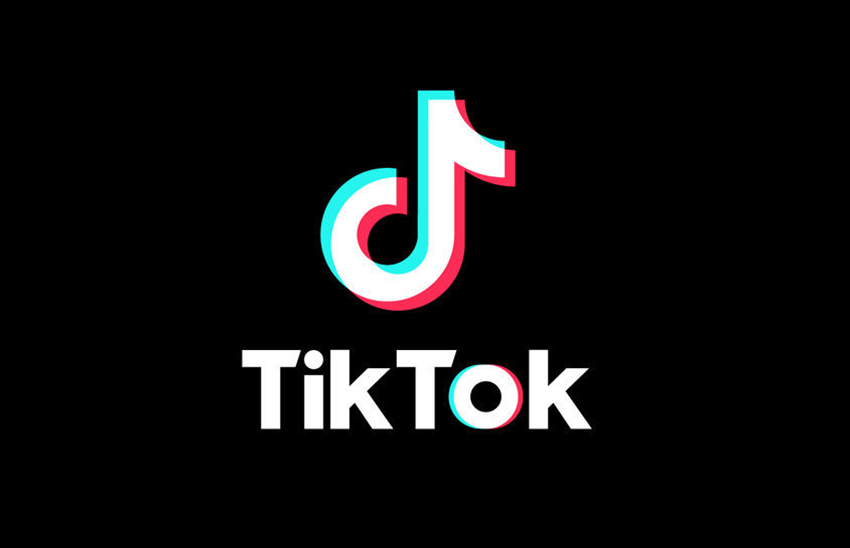TikTok is an app that became popularized for people creating and performing dances to popular songs. While that kind of content still exists on the app, it has greatly expanded to include other types of content, including makeup, storytimes, fandom related content, and much more.
An integral feature of the app is music. Any time you post a video or a photo, you are prompted to choose an audio – typically a song – to go with it. Countless trends have happened through the years using specific audios on TikTok, most of which are songs. Because of this, many songs and artists have become recognized through TikTok. This can be great for the artists. Back before Spotify and Apple Music, “one-hit wonders” were usually just that. If people wanted to hear more of their music, they’d have to go out and search for their vinyls or cds, which was difficult with smaller artists. Now, an artist may have a “one-hit wonder” on TikTok, and have people go to their Spotify or Apple Music profiles, where they can hear other songs by them and in turn their fanbase can grow. This is also good for people looking to discover new music and artists.
However, it sometimes negatively impacts the fans of said artists. People who like the TikTok trend part of a song will buy tickets to the artists concerts, sing that 30 second part of the song, and then be silent the rest of the concert. This is an ongoing trend which many fans complain about, as people who are buying out tickets for their “TikTok clip” are making it so that actual fans of the artists can’t go to the concerts. This also ruins the experience for a lot of fans as well as the artist, as a chunk of the crowd is silent for most of the concert. A prime example of this is Steve Lacy’s concerts. When his song “Bad Habits” was trending on TikTok, many people who heard the song decided to attend his concert. Lacy decided to let the crowd sing the second verse, but when the time came, the crowd was silent for a few moments before repeating the first verse. These trends have led to phrases such as “TikTok songs” and “That one song from TikTok,” which can be annoying for fans to hear all the time. While fans are happy for their favorite artists getting more recognition, people only knowing a small part of a song because of a TikTok trend can make it feel like the music that they love is getting false appreciation.
The root of the problem starts with Musical.ly. In 2018, Musical.ly was shut down after being acquired by the company ByteDance, which is the company that owns TikTok. Musical.ly used songs that were popular and on the radio, and at the time, didn’t have a large enough user base to make unknown songs go viral and therefore become popular/recognized. In 2017, a year before it’s shutdown, Musical.ly had only reached just over 200 million users, compared to the over 1 billion TikTok currently has. With TikTok being downloaded by millions, it being the same music-heavy and trend centered app led to the first song to reach mainstream charts through TikTok – not backed by a large record label -”Old Town Road” by Lil Nas X (feat. Billy Ray Cyrus). “Old Town Road” being such a hit speculatively caused a huge shift in the music industry. Labels saw the success that independent artists could achieve through TikTok virality.
This is where we saw the rise of labels encouraging their artists to write songs specifically for TikTok virality, with a catchy 15-30 second clip that could become a trend, while the rest of the song is usually poorly written or simply uninteresting. Artists even put dances that could be popularized on TikTok into their music videos.
Not every aspect of this is good for artists. Even signed artists are being told by their labels to make TikToks. Music artists became music artists to make music, not to incessantly post about their music or try to make it a trend. Ricky Montgomery is a music artist who has had a few trends on TikTok in the past with his songs “Mr. Loverman” and “Line Without a Hook.” He posted a TikTok talking about the issue of music artists having to become social media influencers just to keep their music “relevant” or for people to actually know that they have new music.
